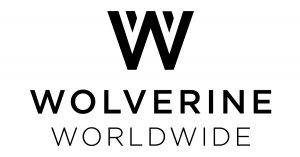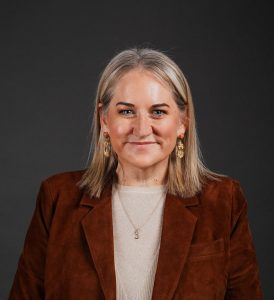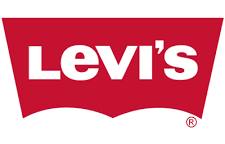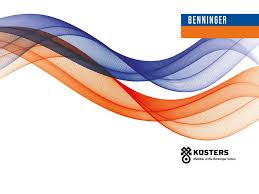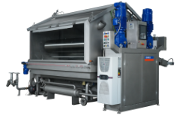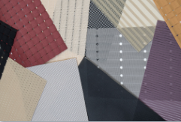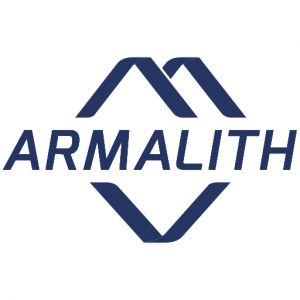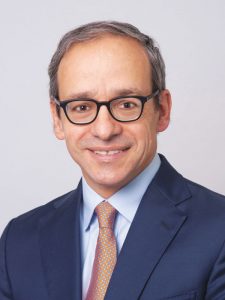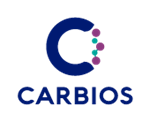 CEDAR CREEK, N.C. — October 30, 2024 — Selenis, a global supplier of high-quality specialty polyester solutions and Syre, the textile impact company hyperscaling textile-to-textile recycling, announced today the strategic partnership to establish a textile-to-textile recycling plant in Cedar Creek, North Carolina, USA, to be operational in mid-2025.
CEDAR CREEK, N.C. — October 30, 2024 — Selenis, a global supplier of high-quality specialty polyester solutions and Syre, the textile impact company hyperscaling textile-to-textile recycling, announced today the strategic partnership to establish a textile-to-textile recycling plant in Cedar Creek, North Carolina, USA, to be operational in mid-2025.
Selenis and Syre are both at the front-end of innovation within advanced recycling technologies that deliver a mission to decarbonize and dewaste the textile industry. The coming together of the two companies will combine new technologies in depolymerizing and polymerizing for textile-to-textile recycling all in one place, allowing for a cost efficient, industrial scale operation.
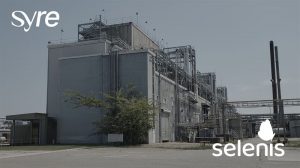 The plant, which will deliver volumes up to 10,000 metric tons of circular polyester annually, is scheduled to be operational in mid-2025, with the aim of making its first commercial sales to customers later that year.
The plant, which will deliver volumes up to 10,000 metric tons of circular polyester annually, is scheduled to be operational in mid-2025, with the aim of making its first commercial sales to customers later that year.
“The partnership is a strong statement in driving innovation in advanced recycling technologies that deliver real-world sustainability solutions and importantly a positive impact on the LCA of final products. We are excited about this journey with Syre as it also allows us to further invest in the US market with existing asset expansion and bring the benefits of new technologies closer to customers” says Duarte Gil, Chief Executive Officer at Selenis.
Syre launched in March this year with a mission to establish multiple textile-to-textile gigascale plants producing circular polyester across the globe, reducing CO2e emissions by up to 85% compared to the production of oil-based virgin polyester.
“This is truly an important milestone on our journey to drive the great textile shift, with more than two years of planning now moving into action. We call this establishment a Blueprint Plant since the work there will lay the foundation for Syre’s continued global expansion, with the process being mirrored and scaled up in our upcoming gigascale plants globally” says Dennis Nobelius, CEO at Syre.
The strategic partnership agreement will see the existing Selenis production plant in Cedar Creek, North Carolina, USA expand as Syre builds an adjoining new plant to form a continuous production flow, covering processes from pre-processing depolymerization to polymerization and PET-chips production.
“When scouting locations for our plants, we have to carefully balance critical factors such as renewable energy, infrastructure, cost, and access to feedstock. I am really excited to partner with the Selenis team, having a similar sustainability direction and ambition to drive green transformation at scale”, says Dennis Nobelius, CEO at Syre.
“As the two companies move through this exciting journey in tackling the impact of textile waste and the problems that it creates, together we have a vision of an innovation hub for textile recycling, parallelled with R&D investment, with the specific focus on being leading recyclers supporting the textile industry in becoming more sustainable – creating a unique space where pre-poly, depoly and polymerization happen all in the same site” says Eduardo Santos , Head of Corporate Strategy at Selenis.
Posted: October 30, 2024
Source: Syre




